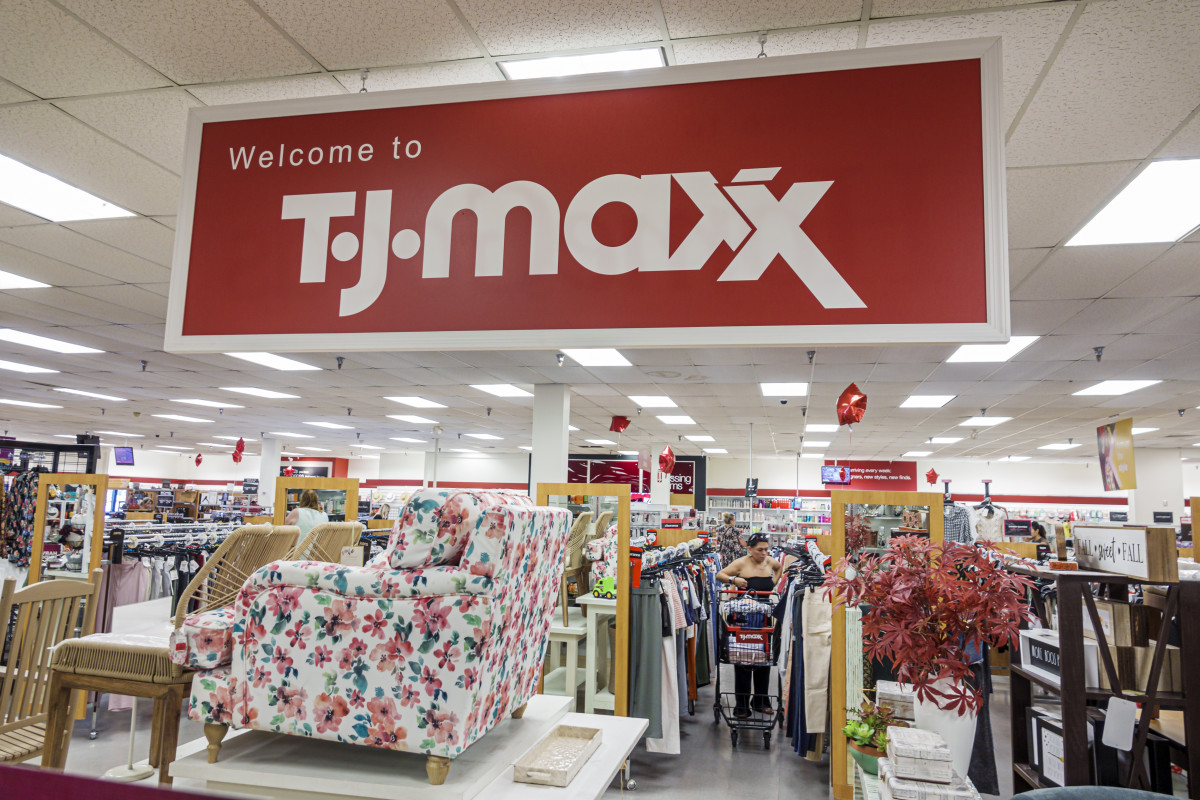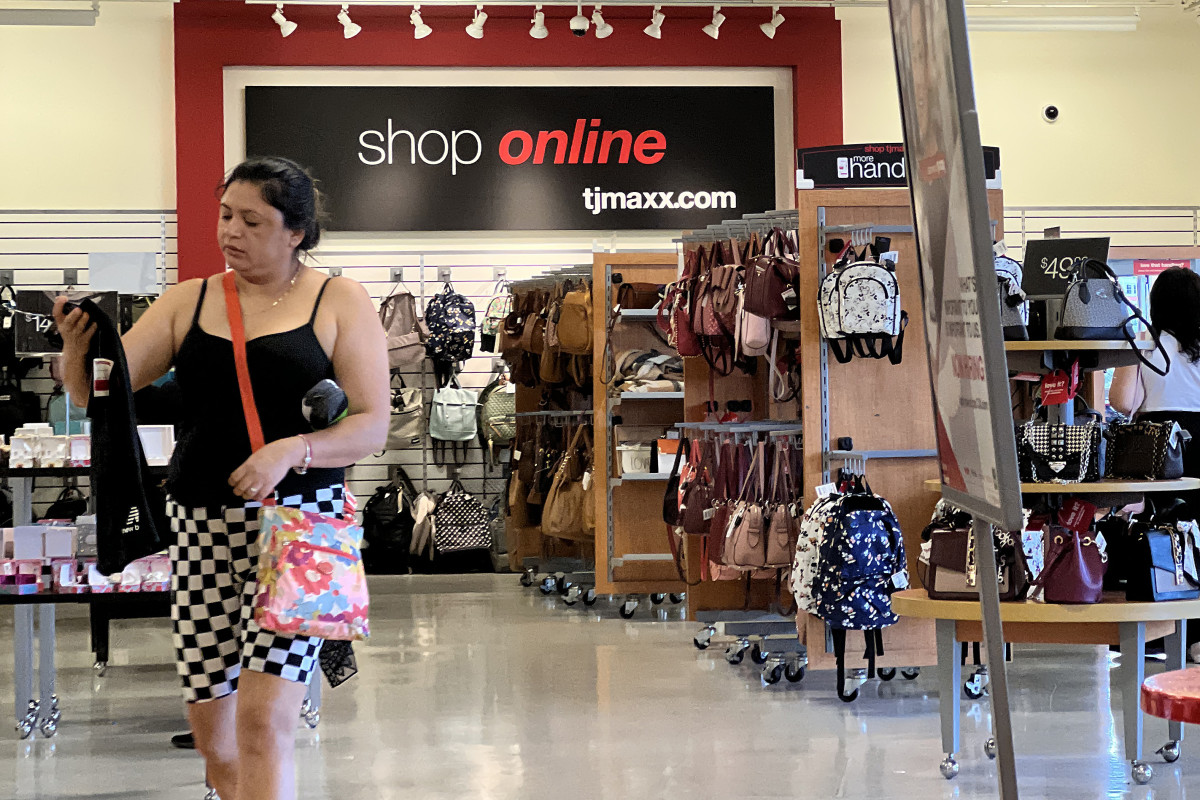
This doesn't seem like the best time to be one of the biggest retailers in the U.S.
The 2020s have been marked by painful consolidation across most American consumer retail brands. With a few exceptions most of the incumbent giants we frequent for things like groceries, medicine, clothing and household goods have closed some locations and struggled with inventory theft. Some have filed for bankruptcy.
Related: J. Crew makes a major Lululemon-style change
Mall giant Macy's (M) , for example, said in late February that it would close 150 stores across the country after it rejected an attempt to take the company private. (Over the weekend, the suitors for Macy's sweetened their takeover proposal.)
The closures will affect mostly underperforming stores, even if they are cash-flow positive. A drop in foot traffic in malls and consumers' disinterest in middle-of-the-road fashion labels at full price have contributed to Macy's decline, with its in-store private labels bringing in just 15% of sales, down from 16% a year earlier.
Unlike at Target, where private labels are more accessible to the average consumer (and often cost-effective), Macy's will drop some of its in-house brands as they drag on revenue. It's expensive to come out with new lines every season and convince consumers in an increasingly competitive arena that your brand is worth driving to the mall and then paying full ticket price.
Marshalls and TJ Maxx stand to benefit from mall apocalypse
Malls continue fall out of favor with average American consumers, who are increasingly watching their wallets and opting instead for outlet malls and discount retailers often found in more-accessible suburban plazas.
This is in part why TJX Cos. (TJX) , the parent of TJ Maxx, Marshalls, HomeGoods and several others, reported a bumper Q4, with revenue coming in at $16.41 billion — up 13% from the year-earlier period. Net income was up more than 35% and comparable sales were up 5%.

The company's success flies in the face of more tired mall flagships, which for years have struggled to bolster comparable sales, those from stores open at least a year. And part of that achievement is related directly to the store-closing trend among TJX's rivals.
"One indirect byproduct ... that’s happening with all the store closures is the importance to the vendor community keeps rising for our merchants amidst less brick-and-mortar competition, so to speak," TJX Chief Executive Ernie Herrman told analysts on the Q4 earnings call.
With more than 1,000 stores across the U.S., TJX is one of the largest retailers in the country. Rather than developing its own private labels, which is costly, it absorbs spillover from other recognizable brands and sells them at discount prices.
No two stores stock the same inventory, and the model is purposefully reliant on brick-and-mortar shops. The company firmly believes that its treasure-hunt experience — you never know what you'll find there on a given day — is part of its appeal, rather than a weakness.
TJX thrives because of, not despite, brick-and-mortar
And as hundreds of outlets among the larger mall-reliant incumbents close, TJX, which sells everything from brand-name perfumes and cosmetics to high-street fashion labels, is poised to benefit.
"I think as we continue to gain market share and the vendors see that they’re just being placed in our store and an eclectic mix with even more and more better brands has been an incentive for them to continue to want to work with our buyers even more so than in the past," Herrman said.
By acting as a sort of middleman or broker between coveted brands and customers in search of deal, TJX benefits in good times but especially in economic downturns, as retailers consolidate and customers watch their budgets more carefully.
And according to Herrman, there's still a lot of runway to grow, which means more discovery for customers.
"Availability … is outstanding across the board,” he said. “As always, it varies by category and vendor. But at the end of the day, there’s more goods out there than we can handle, and we’re still holding our merchants back.”
Related: Veteran fund manager picks favorite stocks for 2024







